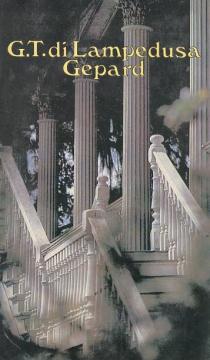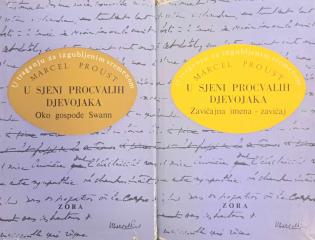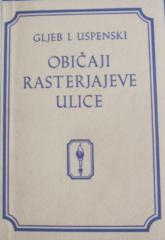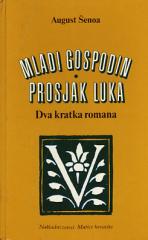
Gepard
"The Cheetah" is not just a historical novel - it is a meditation on time, change and the Sicilian soul. The style is sumptuous, ironic and deeply sad. Published posthumously, it has become one of the greatest Italian novels of the 20th century and a worl
Sicily, May 1860. As Garibaldi disembarks his red shirts to overthrow the Bourbons, Prince Fabrizio Salina, “The Cheetah,” an old-school aristocrat, watches his world disappear before his eyes. The novel follows the last seven years of his life (1860–1883) and the fate of his family through the unification of Italy.
The central figure is Fabrizio – wise, melancholic, aware that his class is doomed to extinction. His nephew Tancredi, an opportunist and charming cynic, utters the key sentence: “If we want everything to remain the same, everything must change.” Tancredi, after a brief Garibaldian episode, marries Angela, daughter of the wealthy and vulgarly ambitious mayor Don Calogero Sedàra – symbol of the new bourgeoisie taking power.
Through magnificent scenes (a ball in Palermo in 1862, a quail hunt, family dinners, the death of a prince in 1883, and the final collapse in 1910), Lampedusa paints an elegy for a world: an aristocracy that is disappearing not because of violence, but because it no longer has a function. Everything is transient – beauty, power, faith, even death itself.
“We were lions and cheetahs, and in our place come jackals and hyenas… but we will all, cheetahs and lions, jackals and sheep, continue to think that we are the salt of the earth.”
One copy is available





